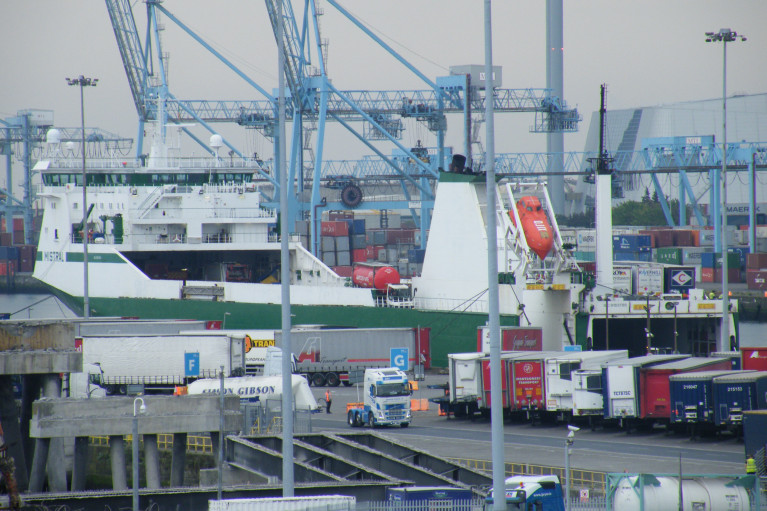Irish Exporters Association has welcomed the publication yesterday of the Government’s Brexit Readiness Action Plan.
The Association has been urging businesses to continue Brexit preparedness planning throughout the pandemic and is ensuring that developments in EU-UK negotiations are communicated to its members as businesses grapple with a precarious trading relationship with the UK in less than 4 months.
With or without an agreement on a free trade deal between the EU and the UK, trading arrangements will be different. Businesses need to get up to speed with customs, SPS and the regulatory requirements that will apply from 1st January 2021 when the transition period comes to an end. The IEA welcomes the Government’s commitment to roll out customs training to businesses and believes that the current skills gap in customs clearance needs to be addressed with urgency.
Irish exporters remain extremely concerned about the impact of the UK’s departure from the EU. Longer transport times due to potential routing disruptions, rising costs in moving products onto and off the island, exploring alternatives to the UK land-bridge and increased paperwork requirements are just some of the Brexit challenges facing the exporting community.
The publication of the UK’s Internal Market Bill intensifies the Brexit debate in Ireland, and both with the EU and within the UK.
Chief Executive Simon McKeever commented: “While the implications of Brexit never really went away, they are again becoming realised by businesses. Competence in customs arrangements will be key to businesses continuing to trade with and through the UK from 1st January 2021. Upskilling staff in customs clearance procedures should be prioritised by exporting businesses to limit the trade fall out with the UK when the transition period comes to an end on 31st December 2020.
We envisage that blockages in the supply chain via the UK land-bridge, particularly in and around UK ports, will be apparent from 1st January 2021. To limit the impact on exporters and importers, direct shipping routes need to be expanded upon to give exports and imports a clear route to and from the continent that bypasses potential delays and disruption in the UK. In that regard we welcome today’s Brexit readiness proposal by Government that calls on businesses to ‘compare the expected transit times and compliance costs associated with using the land-bridge after the end of the transition period against alternative direct shipping routes to EU ports’. We have seen the opening up of direct shipping routes to the continent during the pandemic, we would ask that businesses take all options into account when Brexit proofing their operations.
The shock nature of Brexit can be limited, but preparedness planning needs to be put in motion as soon as possible. The announcement by the Government indicates a clear ramp up in communications from the highest political level. This is timely considering developments in UK politics in recent days and today’s publication of the UK’s Internal Market Bill which further suggests that negotiations are not heading in a desirable direction.”
































































